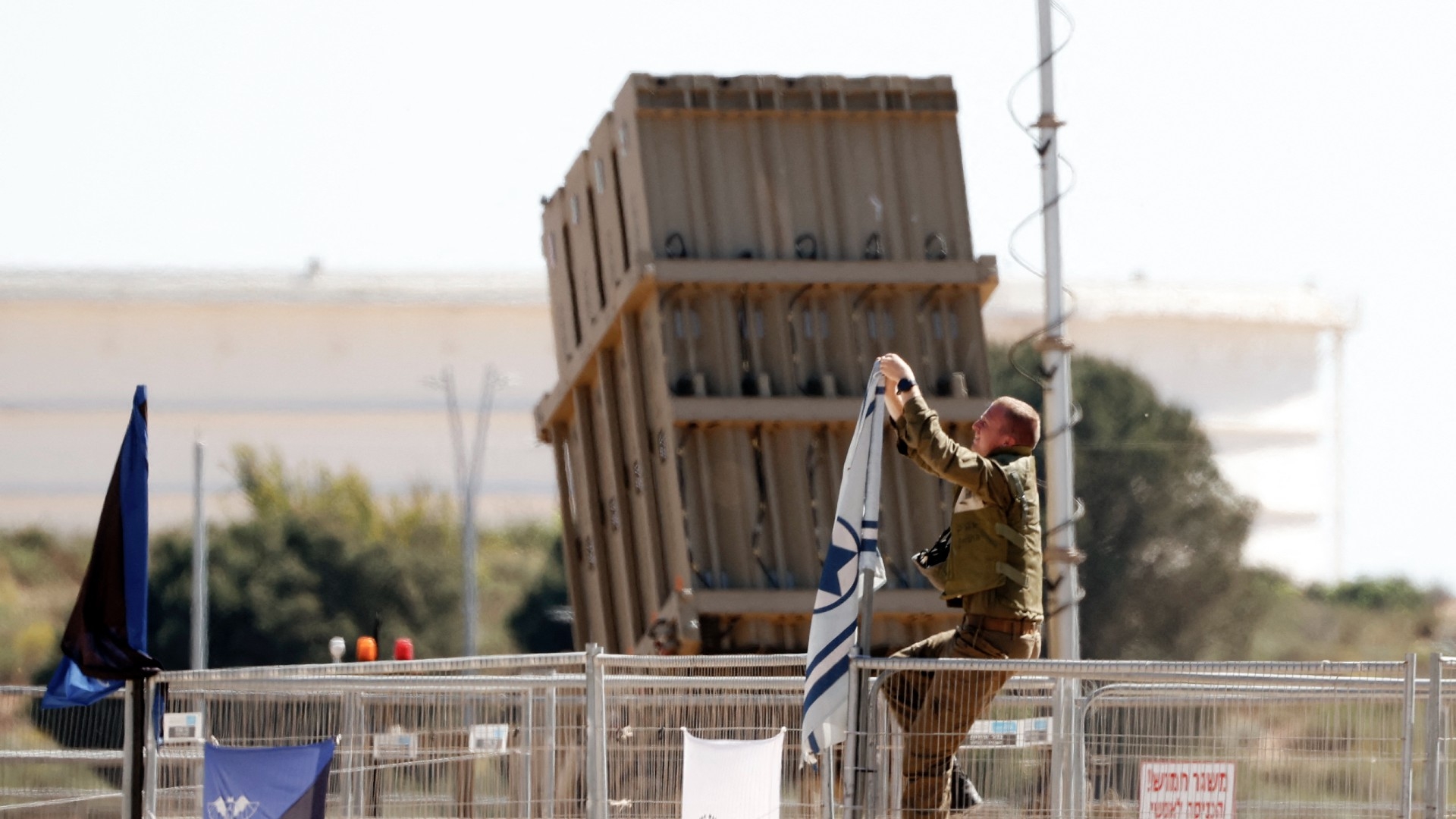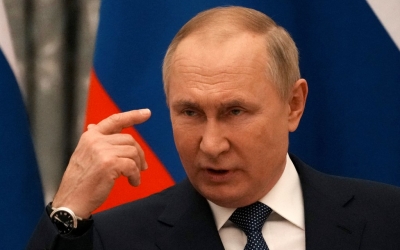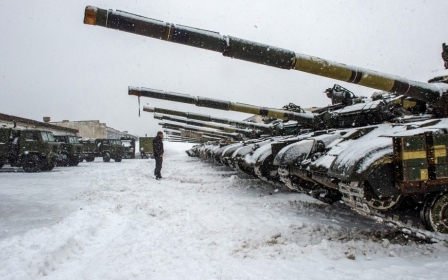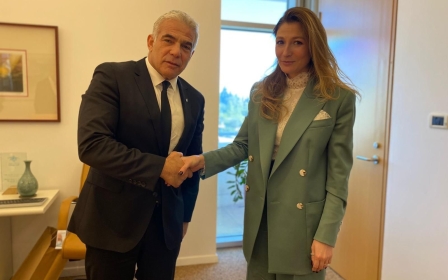Israel refused Ukraine Iron Dome sale to avoid 'crisis with Russia'

Israel refused to provide Ukraine with batteries for its Iron Dome's short-range missile interceptor in order to avoid a crisis with Russia, according to Israeli news website Ynet.
Before Russian troops began deploying to the country's Ukrainian border, Kyiv formerly asked Washington for surface-to-air missiles and to pressure Israel to sell it the Iron Dome.
But Israel informed US officials during "informal talks" that it would not approve the sale to Ukraine as it risks harming ties with Russia. The date of the talks was not specified.
Israel is wary of getting on the wrong side of Russia, a key ally to the government of Syria's President Bashar al-Assad.
New MEE newsletter: Jerusalem Dispatch
Sign up to get the latest insights and analysis on Israel-Palestine, alongside Turkey Unpacked and other MEE newsletters
Russia has not intervened to block Israeli warplanes bombing Iranian and Hezbollah-affiliated targets in Syria in recent years.
Ukrainian officials were reportedly "disappointed" by Tel Aviv's decision.
An Israeli official told Ynet that the US administration understands Tel Aviv's caution about providing Ukraine with the Iron Dome system and that the Americans have acted towards Israel "with sensitivity and responsibility" in the matter.
'Cut your bread supply in half'
According to their agreement, Israel must seek US permission before selling the Iron Dome, an Israeli-American project.
Ukraine first showed interest in the Iron Dome after the war in Gaza last year. Israel claims the anti-missile systems intercepted almost 90 percent of the 2,200 rockets launched by Hamas and Islamic Jihad in the 11-day conflict in May.
On Sunday, Ukrainian Deputy Foreign Minister Emine Dzhaparova warned that Israel will be "directly affected" by a potential Russian attack on Ukraine.
"Cut your bread supply in half to understand how Israel will be affected," she said after meeting with Israel's Foreign Minister Yair Lapid in Jerusalem.
Countries across the Middle East import wheat from Ukraine and the Russian Federation.
Moscow has refuted claims it plans to invade Ukraine and accused western nations of spreading lies and hysteria.
Dozens of countries have urged their citizens to leave Ukraine, including Israel. Israeli Prime Minister Naftali Bennett called over the weekend on the 10,000-15,000 Israeli citizens in the country to "come home" while they still can.
Middle East Eye delivers independent and unrivalled coverage and analysis of the Middle East, North Africa and beyond. To learn more about republishing this content and the associated fees, please fill out this form. More about MEE can be found here.





